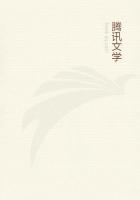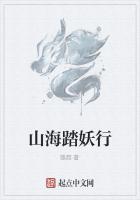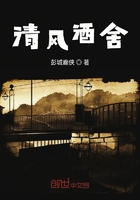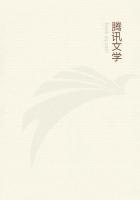However, this poem only shared the fate of nearly, all the others that I wrote at this time; they came back to me with unfailing regularity from all the magazine editors of the English-speaking world; I had no success with any of them till I sent Mr. Lowell a paper on recent Italian comedy for the North American Review, which he and Professor Norton had then begun to edit. I was in the mean time printing the material of Venetian Life and the Italian Journeys in a Boston newspaper after its rejection by the magazines; and my literary life, almost without my willing it, had taken the course of critical observance of books and men in their actuality.
That is to say, I was studying manners, in the elder sense of the word, wherever I could get at them in the frank life of the people about me, and in such literature of Italy as was then modern. In this pursuit I made a discovery that greatly interested me, and that specialized my inquiries. I found that the Italians had no novels which treated of their contemporary life; that they had no modern fiction but the historical romance. I found that if I wished to know their life from their literature I must go to their drama, which was even then endeavoring to give their, stage a faithful picture of their civilization. There was even then in the new circumstance of a people just liberated from every variety of intellectual repression and political oppression, a group of dramatic authors, whose plays were not only delightful to see but delightful to read, working in the good tradition of one of the greatest realists who has ever lived, and producing a drama of vital strength and charm. One of them, whom I by no means thought the best, has given us a play, known to all the world, which I am almost ready to think with Zola is the greatest play of modern times; or if it is not so, I should be puzzled to name the modern drama that surpasses "La Morte Civile" of Paolo GiacomettI learned to know all the dramatists pretty well, in the whole range of their work, on the stage and in the closet, and I learned to know still better, and to love supremely, the fine, amiable genius whom, as one of them said, they did not so much imitate as learn from to imitate nature.
This was Carlo Goldoni, one of the first of the realists, but antedating conscious realism so long as to have been born at Venice early in the eighteenth century, and to have come to his hand-to-hand fight with the romanticism of his day almost before that century had reached its noon.
In the early sixties of our own century I was no more conscious of his realism than he was himself a hundred years before; but I had eyes in my head, and I saw that what he had seen in Venice so long before was so true that it was the very life of Venice in my own day; and because I have loved the truth in art above all other things, I fell instantly and lastingly in love with Carlo Goldon I was reading his memoirs, and learning to know his sweet, honest, ****** nature while I was learning to know his work, and I wish that every one who reads his plays would read his life as well; one must know him before one can fully know them. I believe, in fact, that his autobiography came into my hands first. But, at any rate, both are associated with the fervors and languors of that first summer in Venice, so that I cannot now take up a book of Goldoni's without a renewed sense of that sunlight and moonlight, and of the sounds and silences of a city that is at once the stillest and shrillest in the world.
Perhaps because I never found his work of great ethical or aesthetical proportions, but recognized that it pretended to be good only within its strict limitations, I recur to it now without that painful feeling of a diminished grandeur in it, which attends us so often when we go back to something that once greatly pleased us. It seemed to me at the time that I must have read all his comedies in Venice, but I kept reading new ones after I came home, and still I can take a volume of his from the shelf, and when thirty years are past, find a play or two that I missed before.
Their number is very great, but perhaps those that I fancy I have not read, I have really read once or more and forgotten. That might very easily be, for there is seldom anything more poignant in any one of them than there is in the average course of things. The plays are light and amusing transcripts from life, for the most part, and where at times they deepen into powerful situations, or express strong emotions, they do so with persons so little different from the average of our acquaintance that we do not remember just who the persons are.

